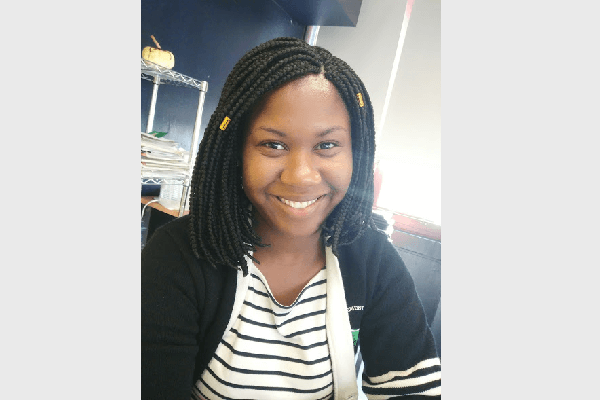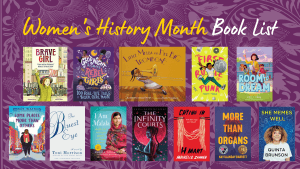- Create an ongoing daily or weekly time to celebrate “Today in the contributions of African Americans." The University of Pennsylvania African Studies Center compiled a list of historical events that can be used to introduce or highlight different people and historical moments in American history. This can be used at the start or end of classes. You can find the list here.
- Incorporate Black authors into your class or school library. Representation matters. Studies have shown that access and exposure to material that reflect students' backgrounds can positively impact their perspective and life. Here are two lists of books to help you get started.
- Watch “The African Americans: Many Rivers to Cross.” Harvard scholar Henry Louis Gates, Jr. recounts the trajectory of African-American experiences in a six-part series that explains the journey throughout American history. The series is empowering for both students and teachers.
- Continue to leverage moments of relationship building and affirm scholars to help them feel a sense of pride and motivate them to be their best selves. Our students are shaped by their families, communities, and educational experience. Let’s be intentional about empowering our future generation of leaders and normalize their legacy and greatness.
Questen Benjamin teaches eighth grade history at AF Apollo Middle School.
In 1926, historian Carter G. Woodson founded the precursor to Black History Month—what was known as “Negro History Week.” Woodson believed that “if a race has no history, it has no worthwhile tradition, it becomes a negligible factor in the thought of the world, and it stands in danger of being exterminated.” To ensure the legacy and contributions of African-American people would be honored, Woodson proposed this week to commemorate their achievements.
Woodson decided that the celebration of Negro Week should occur in February for one important reason: The month coincided with the birthdays of two leading figures in the abolitionists movement, President Abraham Lincoln and Frederick Douglass. Coincidentally, it was also the same month as the birthday of one of NAACP founders W.E.B. Du Bois and the passage of the 15th Amendment, which gave African Americans the right to vote.
In modern day, we still celebrate Black history in February, which also happens to be the shortest month of the year, making it impossible to fully honor the significant contributions and achievements of African Americans throughout history.
As educators, we’ve made the commitment to work in the best interest of our scholars. Serving students of color requires that we are intentionally craft spaces and moments where they are challenged to be their best and also affirmed and celebrated for who they are.
In February, we honor the legacy, contributions, and achievements of African Americans through school-wide performances, advisory lessons, door decorations, and more, but how do we maintain the spirit and purpose of Black History Month after these 28 days end?
Here are some ideas that I've found helpful.





